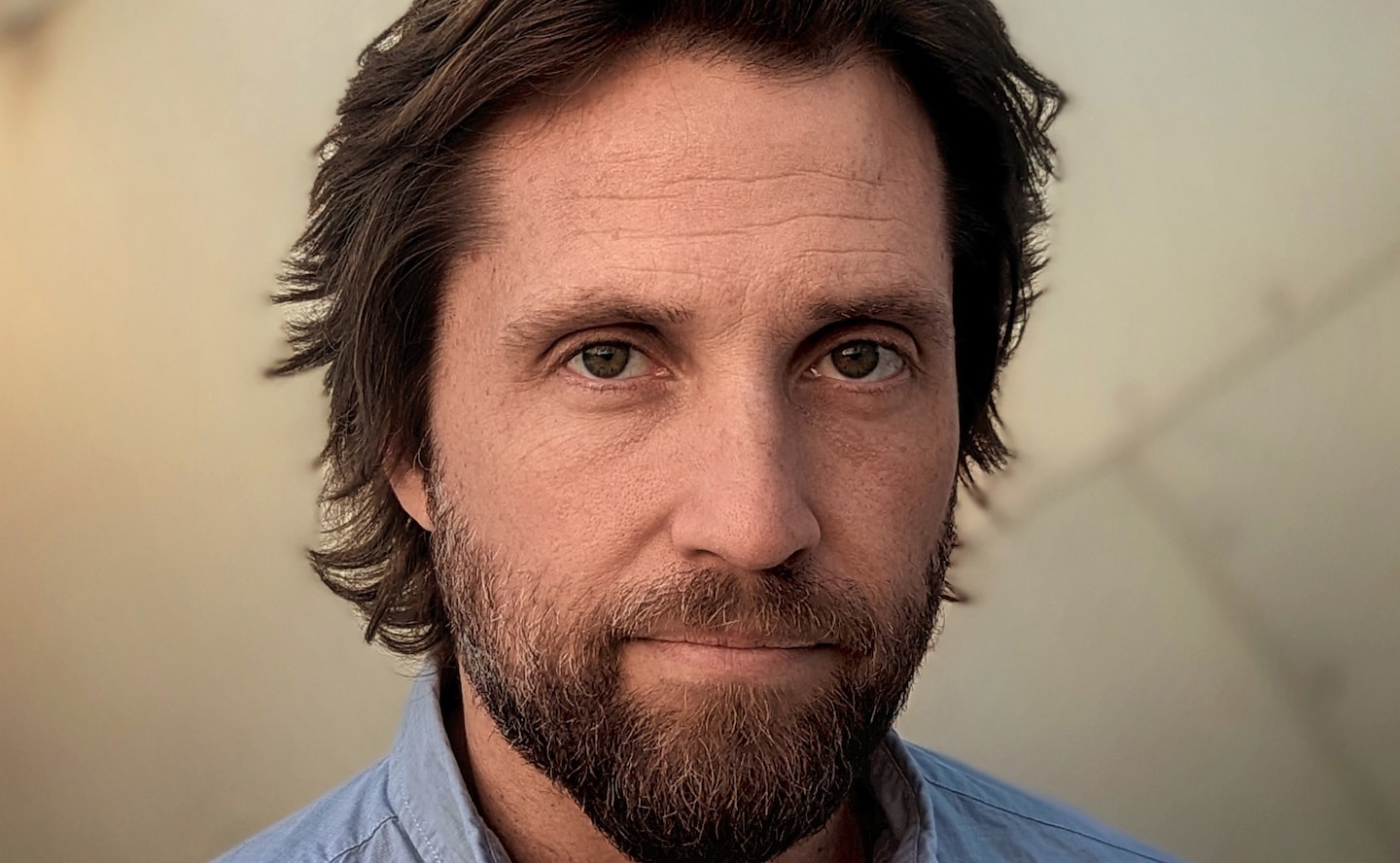
“There was a greater openness to hearing Palestinian stories, to expressions of sympathy for Palestinians living under occupation,” he said. “I was particularly keen on reaching liberal and center-left Jewish audiences who might be open to hearing this message.”
The book was published Oct. 3, and Thrall, an American who lives in Jerusalem, traveled to Britain and the United States for talks promoting it. But as the Israel-Gaza war unfolded, Thrall estimates that a quarter of his appearances were canceled.
First, Conway Hall, set to host the book launch in its 400-seat venue in London, pulled out of the event, citing safety concerns in an email to organizers. (Conway Hall chief executive Jim Walsh told The Washington Post that he could confirm that his organization had been contacted by the Metropolitan Police about the event but could not comment on any security concerns that had been raised.) Hosts in U.S. cities from Washington to Houston also canceled similar gatherings, ranging from a breakfast with lawmakers to a conference on Palestinian rights.
“The sad thing is, this is an opportunity. This is a moment for people to listen and for them to understand — and people are hungry for more information. And they do want to understand the entire story of Israel/Palestine, the system in which Israelis and Palestinians live,” Thrall said. “It’s sad that people are frightened of having even a conversation about this book, which is conveying what it is to actually live in this place, for both Palestinians and Jews.”
B’nai Jeshurun, a synagogue in New York, decided to cancel a talk, suggesting in an email to Thrall that it might consider rescheduling at some later date when “hopefully some calm is restored, and there will be more spaciousness in people’s minds.”
In a phone interview elaborating on the decision, Rabbi J. Rolando Matalon said his community needed space to process more immediate concerns. “We’ve been talking about the injustice of occupation for a very long time. This is not the moment to analyze that. This is the moment to figure out what to do with this enormous thing that happened on October 7th — for many people on a personal level, and for us as Jews.”
The literary nonprofit Writers Bloc, in Los Angeles, also decided to cancel a Nov. 3 event with Thrall and Salama. “I really loved this book,” said its founder, Andrea Grossman. “I was thrilled that Abed Salama would be there to talk about it. But global conflict got in my way.”
Grossman was torn between feeling that this was an especially urgent moment to hold the conversation and that she had to be sensitive to the community she served. “It became clear that L.A. was and is still extremely polarized vis-à-vis what happened, waiting for Israel’s response, the demonstrations,” she said. “I felt that the L.A. Jewish community and the broader community was so torn up that I didn’t trust a conversation to happen undisrupted. And I don’t know what ‘disruption’ means or looks like, but I can’t take that responsibility.”
These incidents are part of a raft of event cancellations in the literary world, in reaction to the war and the controversy surrounding it. At this year’s Frankfurt Book Fair, a German literary association canceled a ceremony honoring the novel “Minor Detail,” by the Palestinian author Adania Shibli, for winning the 2023 LiBeraturpreis prize, citing “the war started by Hamas, under which millions of people in Israel and Palestine are suffering.” The cultural organization 92NY paused its prestigious reading series following an outcry after it canceled an event with the novelist Viet Thanh Nguyen, who had signed an open letter critical of Israel. Several other authors withdrew from their planned appearances at 92NY, and some members of its poetry center’s staff resigned.
Thrall is uncertain about what recent events indicate about the public’s willingness to engage the issues raised by his book, he said: “It’s really hard to know what is a temporary effect of the immediate shock of recent events, the immediate emotional reaction to October 7th and the war, and what’s permanent.”
But he does perceive a gap between his conversations with media bookers, editors and the heads of cultural institutions, where he observes “a marked shift to the right, and a marked increase in the fear of expressing any kind of sympathy for Palestinians or criticism of Israel,” and his conversations with students. “There really are solidarity protests with Palestinians on a scale I’ve never seen before. I think that there is this enormous gap between where the younger people are and where the gatekeepers are.”
correction
An earlier version of this article stated that B’nai Jeshurun, a synagogue, planned to create a study guide for “A Day in the Life of Abed Salama.” A co-sponsor of the event had proposed creating the guide. The article has been corrected.






